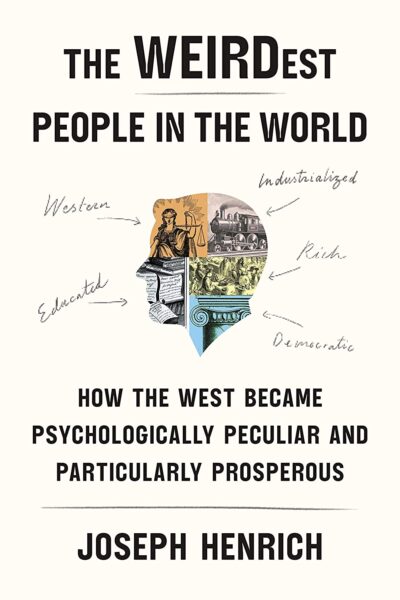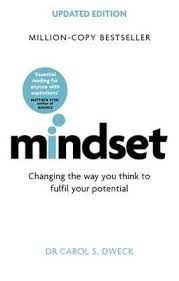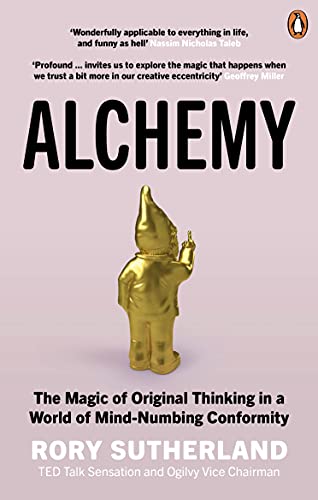This is an important read for anyone interested in human behaviour, laying out in great detail the role of history, environment and culture in shaping psychology and how ultimately psychology has shaped history and culture (and arguably the environment) in return. (The European Enlightenment and some of the specific actions of European religion are mostly to blame.)
Henrich starts by outlining how the science of psychology is based on research on a very peculiar sample of people. He argues that almost all psychology is based on massively biased samples, and that while the world contains a great deal of psychological diversity, Western samples are anchored to an extreme end of the distribution of this diversity.
This explains many of the mistakes we make in decoding human behaviour, including the Fundamental Attribution Error, a particular favourite of mine. It’s really only WEIRD (Western, Educated, Industrialised, Rich, and Democratic) people who attribute actions and behaviours to what is “inside” a person rather than what is happening around them.
Joseph Henrich outlines three specific areas where the West is “WEIRD”:
- Individualism and personal motivation, including a focus on self over others, dispositional thinking (see above), low conformity and a desire for control
- Impersonal prosociality, by which he means concepts of trust, fairness, honesty and cooperation with those outside your immediate social circle
- Perceptual and cognitive abilities, including a focus on analytical rather than holistic thinking, field independence (focusing on objects rather than context), and overconfidence in our own abilities
This is not a book for the feint-hearted, at 505 pages plus another 175 of notes and references, but it is packed with details, data and facts to support the central argument. Joseph Henrich takes ideas from evolutionary psychology, art history, biology, social psychology, historical studies and many more areas in a comprehensive and monumental argument about the modern history of humans, or specifically WEIRD humans.






